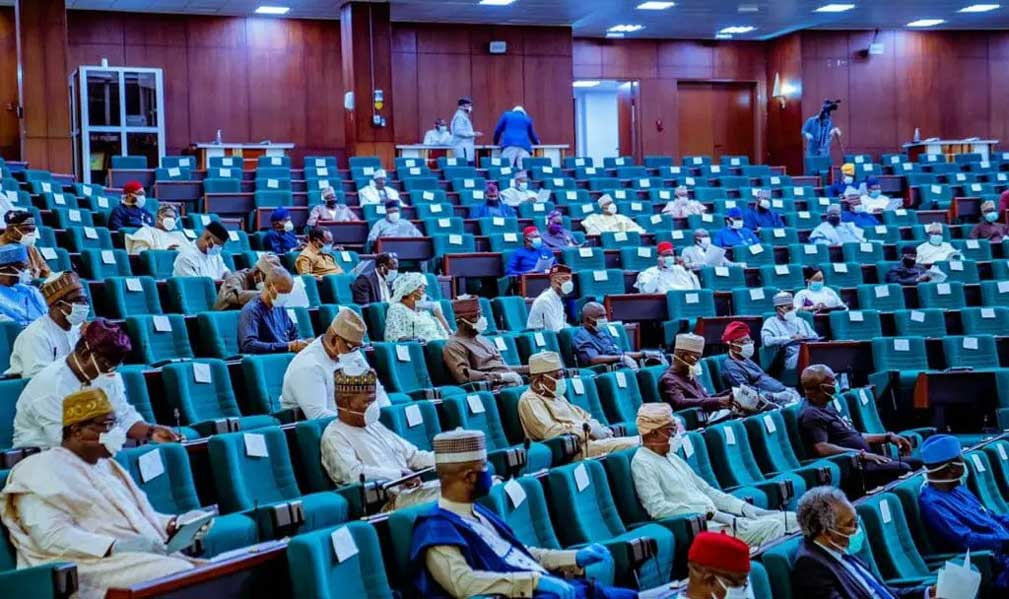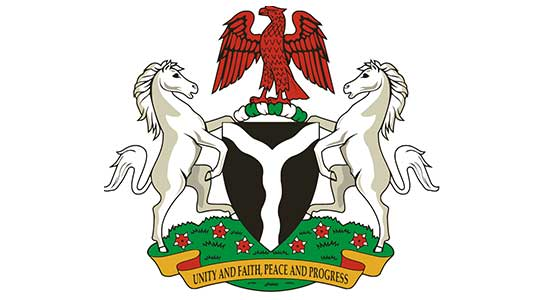The federal government is working to create more job centers in each of the 774 local government areas to improve Labour Market Information System.
The move is in addition to the already existing 16 job centers and will be used to enhance job matching for job seekers, using electronic job exchange to address the country’s worrisome state of unemployment. The Permanent Secretary, Federal Ministry of Labour and Employment, who disclosed this to journalists in Abuja at the weekend, said that the federal government’s pledge of lifting 100 million Nigerians out of poverty by 2030 was achievable. She expressed optimism that through a multi-sectoral approach and private sector partnership, the government’s efforts to surmount the challenges of unemployment and address poverty will yield more results.
The permanent secretary maintained that several government poverty alleviating programs across ministries and MDAs will create more jobs and give citizens what they are deserving of. Daju said, “The federal government’s policy to lift 100 million Nigerians out of poverty is real, with the new national development plan 2021-2025, there are many thematic areas, it is not just Federal Ministry of Labour and Employment, it’s multi-sectoral as different sectors will come together to ensure that this is achieved.
“I know that the private sector is going to play a key role in achieving this, so we’ll work together and for the Ministry of Labour, we have different agencies and departments that have to do with employment skills, the established Labour Market Information System is to ensure that data is collected and alongside we’re actually going to improve on job matching on Nigeria electronic job exchange for job seekers. “We are actually constructing more job centers across the nation as we have around 16 now and we are going to ensure that the 36 states and Abuja, all have jobs centers not only in the city centers but also in 774 local governments, that is part of how the government is helping. “The National Directorate of Employment (NDE) has also worked to ensure that the informal sector is skilled. They have different schemes cut across the board where unemployment can be reduced for women and matured people who are trained in various vocational skills across the country,” she added. She also stated that the NDE has been working to include artisans in the National Health Insurance Policy to enable them to take care of themselves and their families.



























